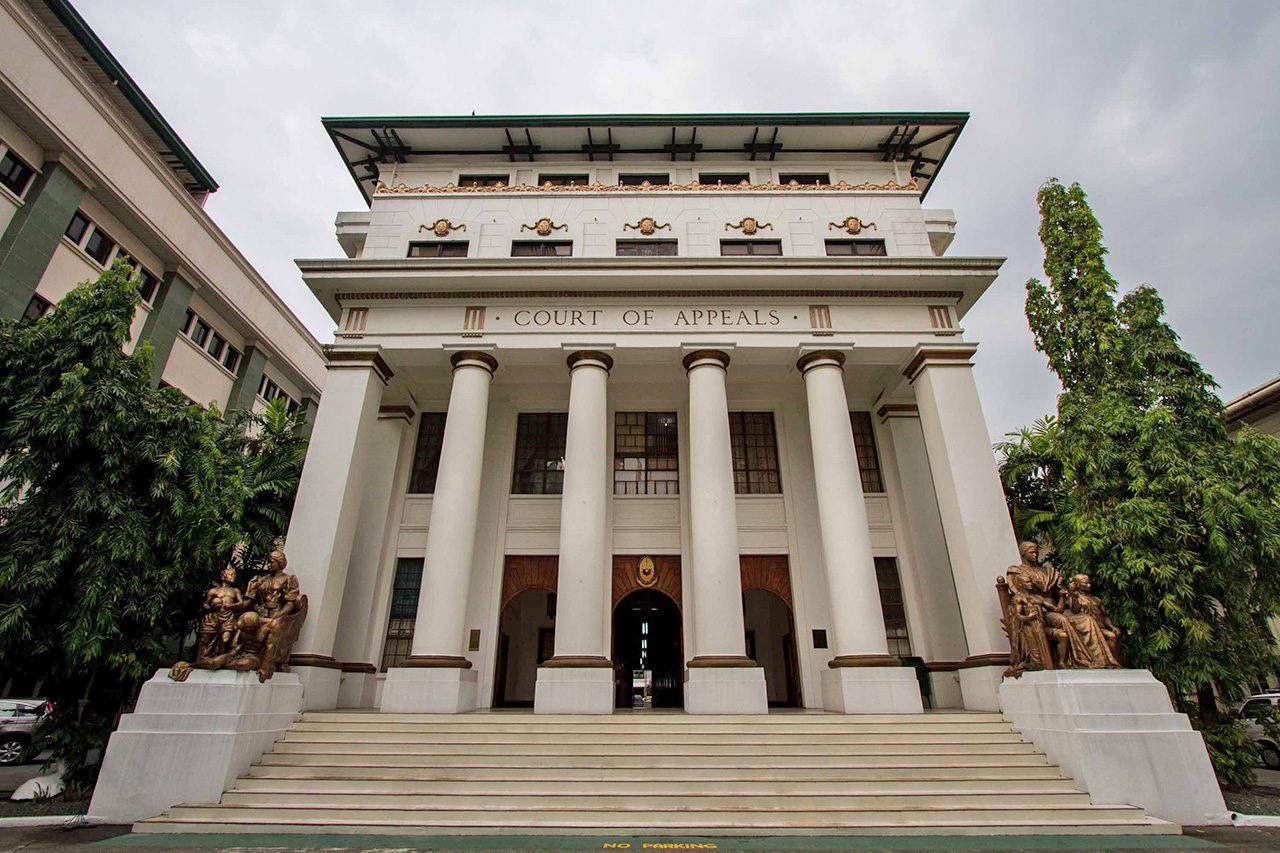SUMMARY
This is AI generated summarization, which may have errors. For context, always refer to the full article.

MANILA, Philippines – The Court of Appeals (CA) has quashed an order issued by a Manila court that compelled the Department of Justice (DOJ) to present documents proving that the Philippines has a valid extradition treaty with the United States government.
The appellate court’s 12th division, through a decision penned by Associate Justice Manuel M. Barrios, nullified the subpoena duces tecum ad testificandum issued last February 2015 by Manila regional trial court Branch 1 presiding judge Tita Bughao Alisuag.
The Manila court had ordered Chief State Counsel Ricardo Paras III to present certified true copy of the instruments of ratification proving that a valid extradition treaty existed between the two governments.
The US government opposed the Manila court’s order, saying it allowed Chan’s camp to launch a collateral attack on the extradition treaty.
The lower court’s order was in relation to the US government’s extradition case against Filipino doctor Eric Uy Chan, who was accused of defrauding a California health care program of more than $3 million. He was arrested by the the Philippines’ National Bureau of Investigation in 2012.
UPDATE: On July 4, 2022, Judge Edgardo Saplala of Manila RTC Branch 33 denied the extradition request filed by the American government, saying the US government, despite being “given sufficient opportunity,” opted not to contravene or challenge Chan’s allegation that “discrimination was present in the filing of cases against him.”
“As such, the filing of cases [against Chan]…without countervailing proof…infringes and tramples upon” Chan’s rights, according to the decision, whose dispositive portion was provided to Rappler by Chan’s lawyers on September 11, 2023.
In 2016, the CA said in its 9-page decision that proving the existence of the extradition treaty was irrelevant in Chan’s extradition case.
Citing previous rulings of the Supreme Court, the appellate court added that a subpoena may be issued if the requested documents are relevant to the issue subject of the case. These documents must also be reasonably described by the parties.
The CA said that, in Chan’s case, his extradition was only an administrative proceeding, yet the subject of the subpoena was the instrument ratifying the extradition treaty between the two countries.
“From the facts of the case, it cannot be gainsaid that the requested ‘instruments of ratification’ have no relation to the aforementioned issues, much less can these be considered relevant so as to justify the issuance of a subpoena duces tecum based on the aforementioned grounds,” the CA said.
“This is a hard-pressed position that would permit a situation wherein the validity and efficacy of the aforesaid treaty would be questioned in a proceeding which is akin to an administrative action and which is summary in nature,” it added.
The CA also said that the treaty remains valid and constitutional, and that it had been enforced in several previous extradition cases.
Associate Justices Ramon M. Bato Jr and Maria Elisa Sempio Diy concurred with the ruling. – Rappler.com
Add a comment
How does this make you feel?
There are no comments yet. Add your comment to start the conversation.